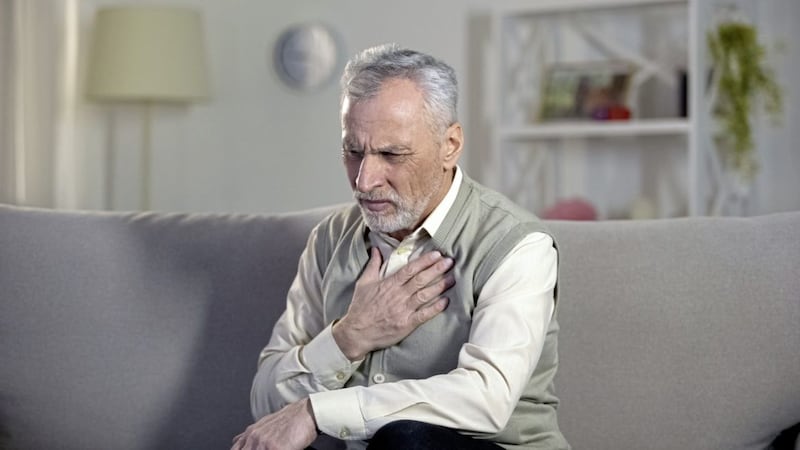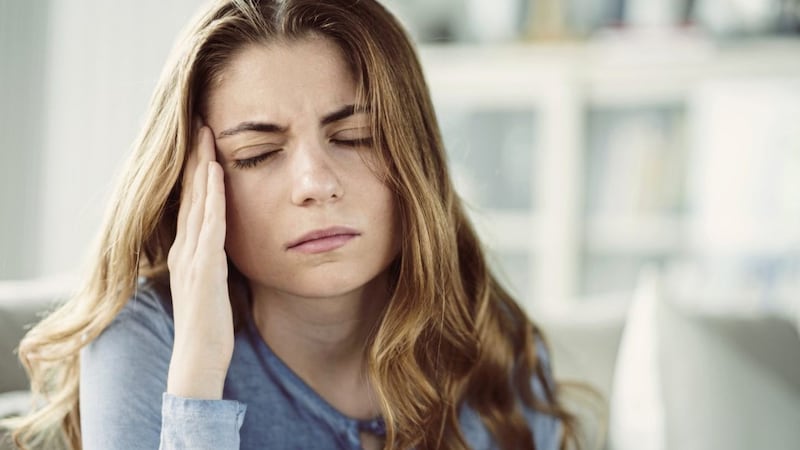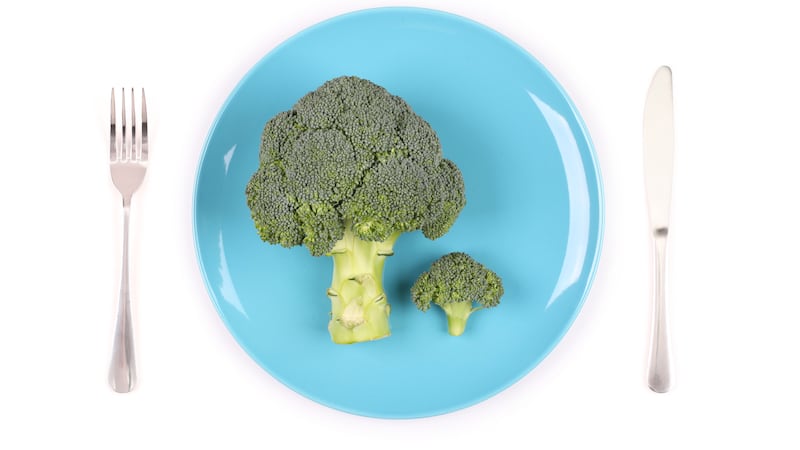Q: I HAVE suffered for a long time with what I think are called splinter headaches. They occur a few times a day, lasting for a minute or so, when it feels like someone is shooting an arrow through my eye. Eye tests and an MRI scan found nothing wrong. What can you suggest?
RO'G
A: I AM NOT familiar with the term 'splinter' headache, although I suspect it is what is known medically as a primary stabbing headache, often also called ice-pick headaches.
These are brief attacks, usually lasting seconds, and for which there is no proven cause.
Exactly as you describe, the experience is, for many, a sudden pain, like a needle stabbing through the eye. I have come across patients who suffer the stabs of pain multiple times a day.
Commonly prescribed treatments include the anti-inflammatory drug indomethacin. Up to 60 per cent of patients with frequent ice-pick headaches find they cease entirely; in others, they become far less frequent, though no less severe, after taking this drug.
Gabapentin, an anti-convulsant drug used for treating nerve pain, also available on prescription, is another possibility, with similar success reported.
Both medicines come with a risk of side-effects, such as nausea.
Ice-pick headaches are more common in women and may be linked to hormone-related sensitivities in the brain.
It's worth noting that patients with a history of migraine have a greater incidence of this type of headache, but it is not a form of migraine and does not respond to anti-migraine medication.
There is a view that primary stabbing headaches are caused by an instability or a local disturbance of the brain's pain-processing system. However, as our current knowledge on this is scant, it is hoped future research will reveal further treatment possibilities.
In the meantime, it may help to keep a symptom diary to see if you can identify triggers - exposure to bright light and sudden movements of the head are common ones. If you find a pattern, you can then take steps to avoid triggers where possible.
I would also go to your GP to discuss the possibility of a prescription for the medication I mentioned. I hope this helps.

Q: ALTHOUGH I'M 90, I'm very fit - I go to the gym or play golf at least three times a week. My blood pressure and resting heart rate are both very good. But if I sit for any length of time, say watching TV, and then get up to move around, I struggle with my breathing for a few moments, before it settles again. What could be the cause?
AS
A: YOU ALMOST certainly have nothing to worry about - I believe what you are experiencing is called effort dyspnoea, or breathlessness on exertion.
When we go from being stationary to moving, something called the baroreceptor reflex kicks in. This is where tiny receptors in the carotid arteries in the neck - called baroreceptors - send a signal to the brain that movement is happening and the body's major muscles need more blood to work effectively.
When you then stand, blood naturally pools in the veins of the lower part of your body and your legs and the input to your heart falls momentarily.
In your youth, the baroreceptor reflex would automatically adjust the heart's output of blood so the flow to both your muscles and lungs remains unimpaired.
But ageing can blunt this reflex, and at your age that adjustment takes a fraction longer. As a result there is a brief shortfall in the flow to the heart and lungs, causing breathlessness.
But once you start to move about, blood then flows back up from your legs to the heart and normal output is restored, easing your breathlessness. Your experience is normal, to be expected and not a sign of any disorder.
© Daily Mail








